The Continued Democratization of Personalized Healthcare
A show of hands: How many people were adept at taking an in-home health test before the pandemic? The answer: probably not many. The pandemic changed that, along with so many other healthcare processes. Taking a COVID test, a healthcare assessment, or even a virtual patient visit weren’t things most were used to doing at home a few short years ago, but the experience taught millions of people a valuable lesson: personalized healthcare is essential and should be a part of the healthcare journey moving forward.
Technology is leading the way in democratizing personalized healthcare. Wearable technology, from fitness monitoring to biosensors, can give patients and providers valuable health information and provide new tools for improving health outcomes. Advanced data gathering creates health equity for everyone.
David Kemp, host of Highway to Health, spoke with two women working on the front lines of that personalized healthcare mission. Sherlock Biosciences’ Julie Garlikov, Chief Commercial Officer, and Karen Davies, Chief Development Officer, gave Kemp a window into the science behind molecular diagnostics, which is changing the game of testing to a more democratized and decentralized approach to personalized healthcare.
What types of testing does Sherlock Biosciences do?
“We’re a pre-commercial company looking at the intersection of our chemistries and technologies and where our tests perform the best,” Garlikov said. “And then we talked with many consumers to understand where they want to test and what they want to test for at home. And when we put those two together, the intersection is in the areas of respiratory and sexual health. And when I say respiratory, I’m not just talking COVID tests. I’m talking about flu, or RSV, or even, in the future, strep throat, or walking pneumonia.”
Kemp’s conversation with Garlikov and Davies includes the following:
- Creating efficiencies through at-home testing
- The advancing technologies creating these new testing solutions
- The importance of advanced diagnostics for rural and underserved communities
“Accessibility is the big thing,” Davies said. “And portability. A small, easy-to-run test; you can stick it in your backpack, you can stick it in your suitcase, or you can mail order it if you live in a remote region. If I’ve got that test in my backpack or I’ve got that test at home, I can run it. It’s negative most of the time. And so I can provide self-care. If it’s positive, I know it’s worth the trip to see my doctor.”
About Karen
Karen Davies is a mechanical engineer with a BS from Stanford University. Her twenty-plus-year career in medical devices includes product development, technical leadership, program management, quality and regulatory compliance, and strategic planning. She is a sought-out mentor by personnel in multiple functional areas, including Instrumentation, Assay Development, and Marketing.
About Julie
Julie Garlikov is a full-stack, omnichannel, B2C/B2B marketing & commercialization executive with numerous successes in accelerating growth for digital consumer healthcare and health, wellness & beauty (skincare, vitamins, nutrition), and beverage brands. Her passion lies in building and scaling brands to take them to the next level. Garlikov holds an MBA in marketing from Columbia Business School and a BA from the University of California, Berkeley.




